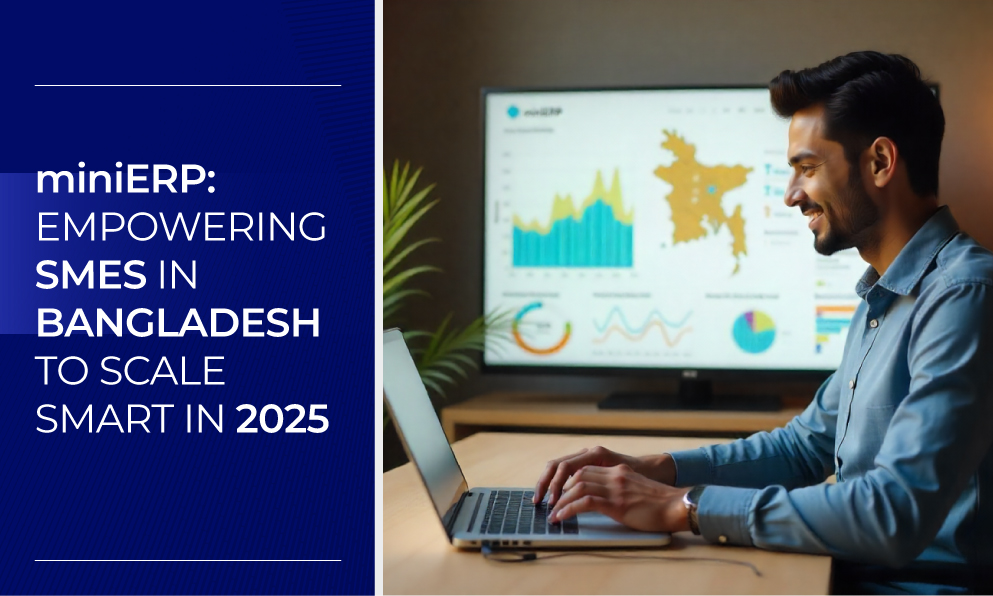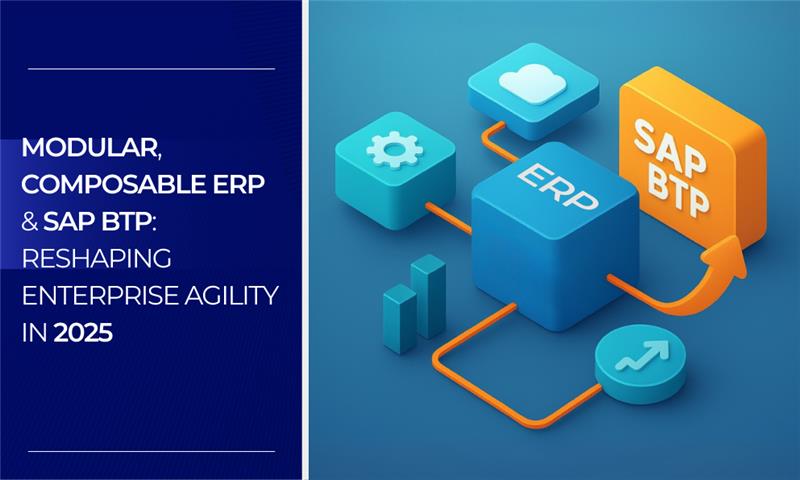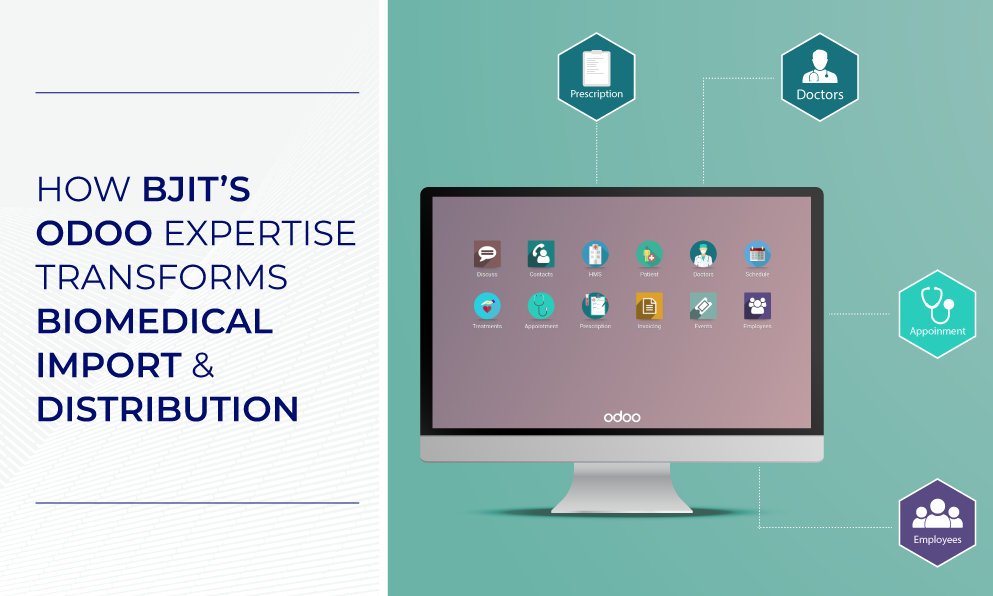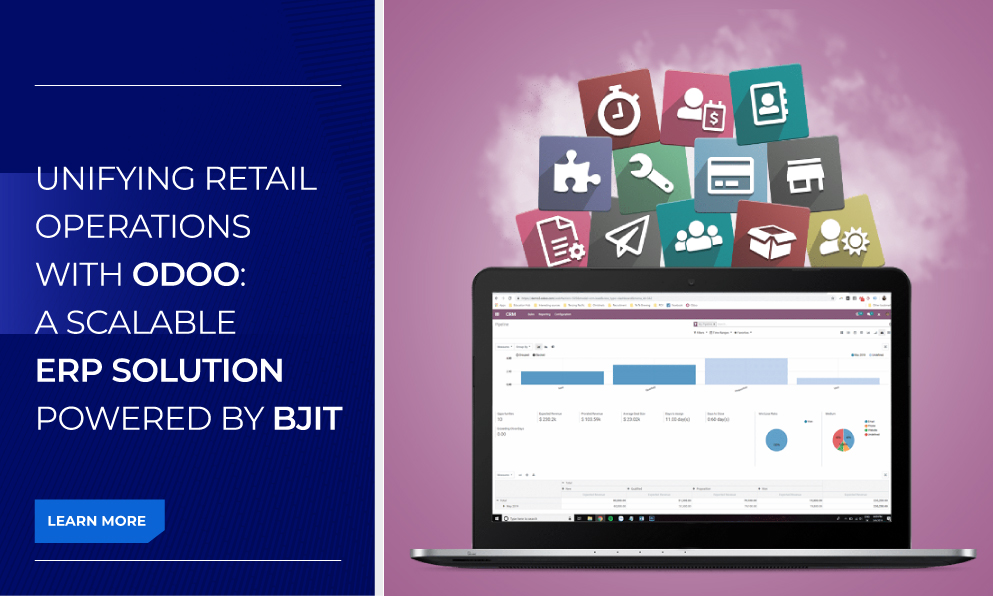Having a solid online presence is crucial for businesses of all sizes.
A well-designed and functional website is non-negotiable, whether for a startup or a well-established company.
However, developing a website in-house can be time-consuming and expensive.
Offshore website development provides a cost-effective solution for businesses needing high-quality web development services.
Offshore website development involves partnering with a skilled, low-cost development team abroad. Companies can utilize offshore resources for financial gains and access global talent pools.
Introduction to Offshore Website Development
Offshore website development is a strategic approach that involves hiring skilled international professionals to design, develop, and maintain your website. By leveraging the global talent pool, this outsourcing model offers a range of significant benefits that can enhance your web development project's efficiency, cost-effectiveness, and overall quality.
The global IT outsourcing market is projected to generate substantial revenue, with a forecasted $425.19 billion from 2021 to 2026. This growth is driven by the increasing popularity of offshore software development. Moreover, the market for IT outsourcing services recorded a profit of $413.72 billion in 2021, highlighting the significance of this industry.
7 Questions to Ask When Choosing an Offshore Website Development Partner
Q 1: What is the Partner's Experience in Offshore Development?
The first question is about the partner's experience in offshore development. Look for a company with a proven track record of delivering high-quality websites for clients across different industries. This indicates their ability to adapt to diverse requirements and successfully navigate the complexities of offshore development.
Consider factors such as the number of years they have been in business, the size and diversity of their portfolio, and any notable projects or clients they have worked with. A company with a substantial track record demonstrates stability, reliability, and a deep understanding of the industry.
Q 2: Can They Showcase Relevant Portfolio and Case Studies?
Reviewing a potential partner's portfolio and case studies is crucial in assessing their capabilities and suitability for your project. Pay close attention to projects that align in scope and complexity with your own. Here are some key points to consider while reviewing the portfolio and case studies:
- Project Relevance:
- Evaluate the relevance of the partner's past projects to your own. Look for projects demonstrating experience in similar industries, technologies, or problem domains.
- Methodology and Approach:
- Pay attention to the partner's methodology and approach to project execution. Does their process align with your organization's values, culture, and expectations? Look for evidence of effective communication, collaboration, and risk management throughout the project lifecycle.
- Client Testimonials:
- If available, read through the client testimonials or endorsements included in the portfolio. These provide firsthand accounts of the partner's performance, reliability, and ability to meet or exceed expectations.
- Industry Recognition:
- Take note of any industry awards, accolades, or certifications the partner has received. These recognitions serve as external validation of the partner's expertise and commitment to quality.
Remember, the goal of reviewing the portfolio and case studies is to comprehensively understand the partner's capabilities, strengths, and areas of expertise.
Q 3: How Do They Ensure Communication and Project Management?
Effective communication and project management are vital to the success of any development project. This is especially true when working with a remote team. When team members are not physically located in the same place, communicating and collaborating effectively can be more difficult. This can lead to misunderstandings, delays, and even conflict.
To avoid these problems, it's essential to have clear and concise communication channels in place. This includes establishing regular check-ins, setting expectations, and using appropriate tools and technology to facilitate communication. Additionally, it's essential to create a culture of open communication where team members feel comfortable sharing their ideas and concerns.
Q 4: What Security Measures Do They Implement?
When outsourcing website development, prioritizing security is paramount. Ask your potential partner about the robust security measures they have in place to safeguard your data and sensitive information from evolving cyber threats.
Here are some key factors to consider:
- Data Encryption: Inquire about their encryption methods to protect data during transmission and storage. Robust encryption protocols like AES-256 or RSA should be employed to ensure the confidentiality of your sensitive information.
- Secure Hosting Infrastructure: Ask about the security features of their hosting environment. They should utilize a reputable and secure hosting provider with features like DDoS protection, intrusion detection systems (IDS), and firewalls to protect against unauthorized access and attacks.
- Regular Security Updates and Patching: Ensure the partner follows a proactive approach to security updates and patching. Regular updates help address known vulnerabilities and protect your website from emerging threats.
- Secure Development Practices: Inquire about their development methodologies and coding practices. Secure coding practices, such as input validation, cross-site scripting (XSS) prevention, and SQL injection protection, should be integral to their development process.
- Third-Party Audits and Certifications: Check if the partner undergoes regular third-party security audits or has obtained security certifications such as ISO 27001 or SOC 2. These certifications demonstrate their commitment to maintaining high-security standards.
- Data Backup and Recovery: Ask about their data backup and recovery strategy. Regular backups should be performed, and there should be a transparent process to restore data promptly in case of a security incident or system failure.
- Incident Response Plan: Understand their incident response protocol. Inquire about the steps they would take to contain and mitigate a security breach, communicate with affected parties, and restore normal operations promptly.
Q 5: How Flexible Are They in Terms of Scalability and Changes?
Business needs can evolve rapidly, requiring changes and updates to your website. Ensure the partner is flexible and can accommodate scalability and changes without compromising quality or timelines. To guarantee a successful partnership, assessing the partner's flexibility and adaptability is crucial.
A flexible partner can accommodate changing requirements, scale their resources up or down as needed, and handle unexpected challenges without compromising quality or timelines. This flexibility is vital for businesses operating in dynamic environments where market conditions and customer demands are subject to constant flux.
Q 6: What's Their Approach to Quality Assurance?
When selecting an offshore development partner, choosing one with a robust quality assurance (QA) process is crucial. This process ensures that your website meets industry standards and exceeds your expectations in terms of quality, reliability, and performance.
It encompasses various measures and protocols implemented throughout the development lifecycle to identify and rectify potential issues, ensuring the delivery of a high-quality final product.
Q 7: How Transparent Are They with Costs and Timelines?
Transparency is key to building trust and maintaining a healthy relationship with your offshore partner. Make sure they provide clear and detailed estimates for costs and timelines upfront. When seeking professional services, it is crucial to ensure that potential providers offer clear and detailed estimates for costs and timelines right from the start. This transparency allows clients to make informed decisions and helps manage expectations effectively.
A comprehensive cost estimate should outline all the potential expenses associated with the project, including materials, labour, and any additional fees. It should be broken down into specific line items to provide a clear understanding of where the money is being allocated. Vague or general estimates should be avoided, as they can lead to misunderstandings and disputes later.
Why is BJIT the right partner for offshore website development?
Choosing the right offshore website development partner is a critical factor in the success of your project. With many options available in the global marketplace, it's essential to approach the selection process with a clear understanding of your needs and goals.
BJIT stands out as a reliable and experienced partner for offshore website development for several reasons:
Expertise and experience:
BJIT has a proven track record of delivering high-quality website development services to clients worldwide. Their team of skilled and experienced developers possesses the technical expertise and industry knowledge to bring your vision to life.
Cost-effectiveness:
Offshoring website development to BJIT can lead to significant cost savings compared to local development costs. BJIT's competitive pricing and optimized development processes ensure you get the best value for your investment.
Scalability and Flexibility:
BJIT offers scalable solutions that can accommodate your business's growth. Their flexible engagement models allow you to scale your development team up or down based on your changing needs, ensuring that you have the resources to meet your project requirements.
Conclusion
Choosing the right offshore website development partner is a critical decision that can significantly impact the success of your online presence. Multiple factors influence selecting a collaboration partner; consider each carefully for a fruitful collaboration. By asking the seven questions outlined in this article, you can make an informed decision and find a partner that meets your specific needs and requirements.











